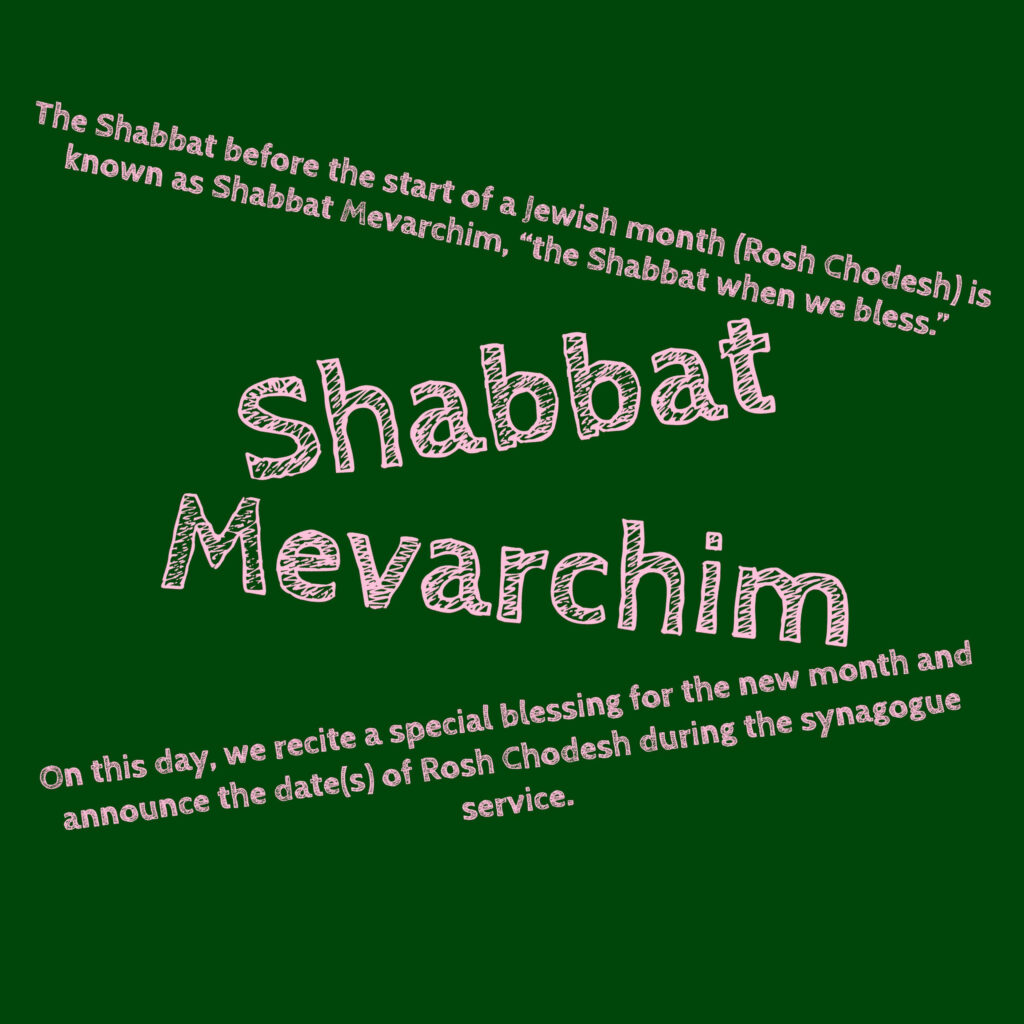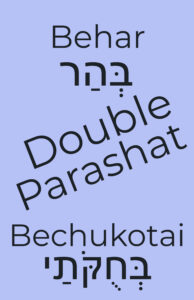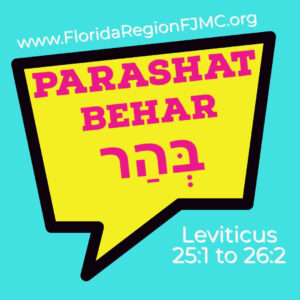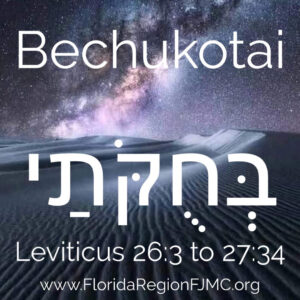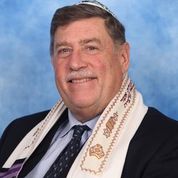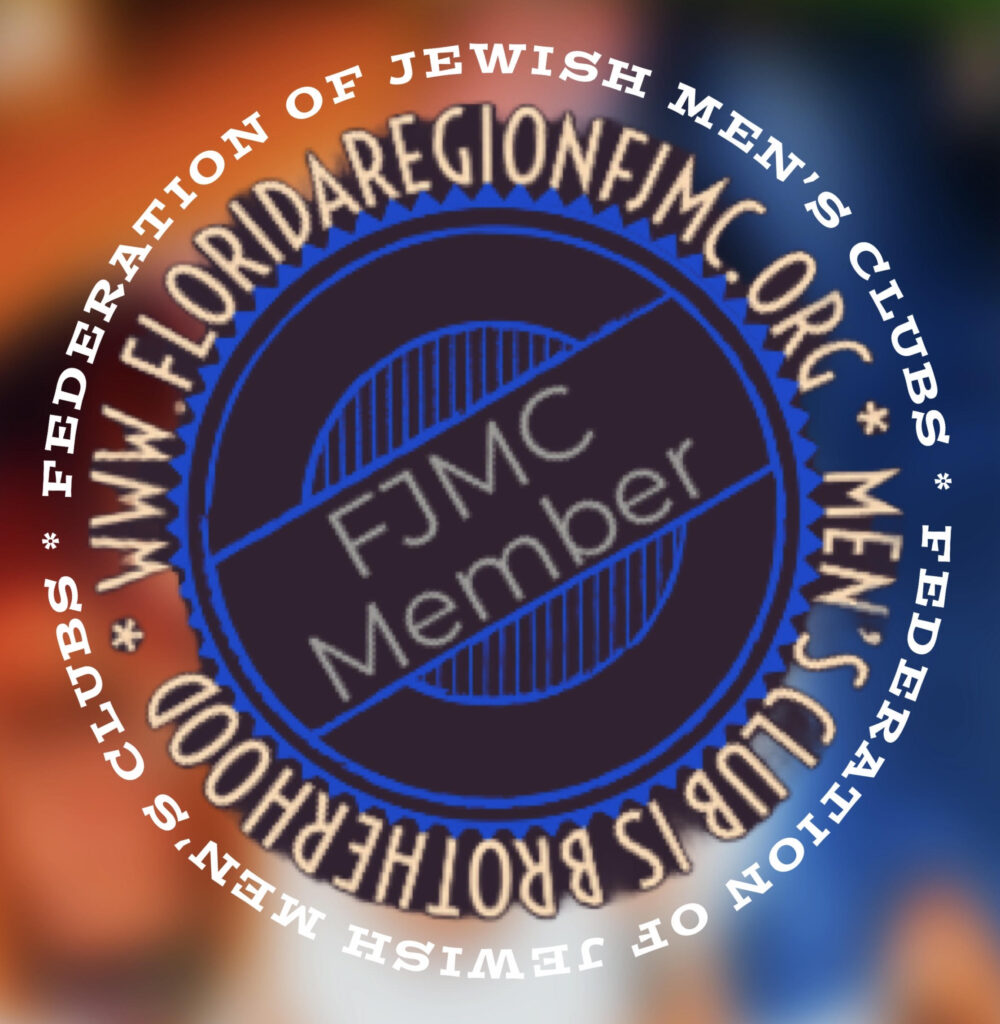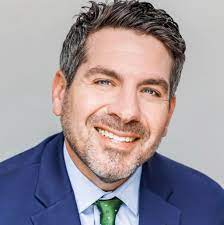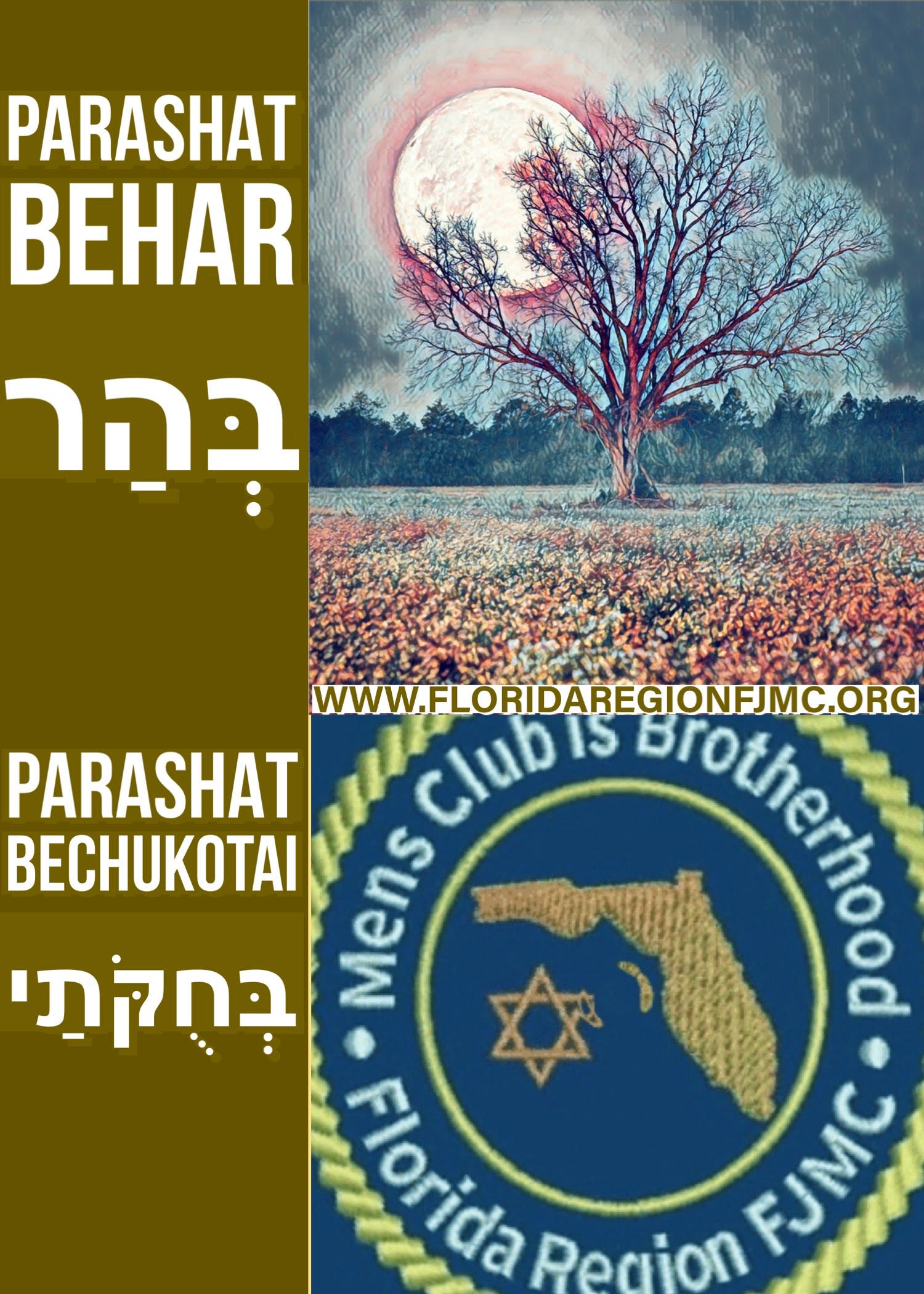
When you Choose Shabbat, you choose to learn that every Shabbat is different and special and this week is special indeed. This week we read from Parashat Behar (בְּהַר) and Parashat Bechukotai (בְּחֻקֹּתַי), the 32nd and 33rd weekly Torah portions in the annual cycle of Torah readings. We also celebrate Shabbat Mevarchim, the Shabbat when we Bless“.
This week’s Double Parashat is due to the lunisolar Hebrew calendar which contains up to 55 weeks, the exact number varying between 50 in common years and 54 or 55 in leap years. According to Wikipedia, in leap years such as 2027, Parashah Behar is read separately on the 32nd Shabbat after Simchat Torah. In common years such as 2025 and 2026, Parashah Behar is combined with the next Parashah, Bechukotai, to help achieve the number of weekly readings needed.
According to Wikipedia, Behar (בְּהַר), Leviticus 25:1 through 26:2, contains 2,817 Hebrew letters, 737 words, 57 verses and makes up 99 lines of the Torah scroll, making it the shortest Torah reading in the Book of Leviticus. Behar deals with the laws of the Sabbatical year (שמיטה, Shmita) and limits on debt servitude.
In contrast, Bechukotai (בְּחֻקֹּתַי), Leviticus 26:3 through 27:34, contains 3,992 Hebrew letters, 1,013 words, 78 verses and 131 lines of Torah. Bechukotai deals with blessings for obeying the law, curses for disobeying it and “vows”.
Rabbi Michael D Klein of Temple Torat Emet offers his insights on this week’s double Torah reading, Behar and Bechukotai for Shabbat, May 24, 2025 aka 26 Iyar 5785:
“The concluding two sedrot of the 3rd Book of the Torah, give us a wide variety of topics. They begin with the laws of Shemita and Yovel; Sabbatical and Jubilee Years. Every 7th year, Jewish farmers are commanded to allow the land of Israel to be uncultivated and unplanted. This assures that the Land would always retain its fertility and productivity. We are promised that the productivity of the 6th year would double to provide for all the food needed during Shemita. Also, debts which been incurred during the previous seven years would be cancelled and any indentured servants would be released.
The Jubilee Year was proclaimed every 50 years and was proclaimed by Shofar blasts and marked by three outstanding characteristics. (1) The Land was allowed to lie fallow however if the Jubilee followed the Shemita then it would be fallow for two consecutive years. (2) All landed property was returned to its original owner thus ensuring that each tribe would always maintain its original inheritance from the time of Joshua. The exception to this Law was land found within a walled city. (3) All indentured servants who were not released during Shemita were to be released.
Repeatedly within Sedra Behar, the words “if your brother wax poor” are used. This emphasizes the idea that although the Torah acknowledges the possibility of individuals falling into debt or
failing in business, there are safeguards provided to help overcome excessive debt and to provide a safety net for those in society who are needier. The Torah emphasizes that a Jew must not lend money to the poor at interest, workmen must be paid on time and given a fair wage, and one may not hold the tools of the laborer as collateral for a loan. These safeguards assure that there would never be individuals in ancient Jewish society who would be permanently relegated to lower financial status.
In Bechukotai we are then given many warnings, the Tochecha, that describe the harsh consequences that would occur to Jewish society if the Land and its inhabitants were not treated with kindness and respect. The Torah exists as a living legacy whose main purpose is to establish Justice and Liberty and Love for the Land and People of Israel. As long as we establish justice and follow G-d’s simple and meaningful Laws, we receive blessings and not curses by establishing a just and righteous society which reflects our individual values from Torah.
Questions for Discussion:
- Why is land within a walled city exempted from the law of release?
- Why is the Tochecha repeated in Deuteronomy in much expanded form?
- Why is it important that Land remain with each Tribe?
- How do farmers in Israel still observe Shemita?
- What other Laws in the Torah relate to fruits and vegetables?
Rabbi Michael D. Klein attended Yeshiva College of South Florida and served as Torah Reader, Hebrew teacher, Chazzan and spiritual leader of various synagogues throughout South Florida. In January 2015 he became Ritual Director, Bnai/Bnot Mitzvah instructor and 7th grade Hebrew instructor for Temple Torat Emet of Boynton Beach. In October 2019 he was accepted into an accelerated track and received his smicha from Yeshiva Adath Wolkowisk and has been the Rabbinic leadership of Temple Torat Emet since August 2020. In September of 2022 he was appointed Rabbinic and Spiritual Advisor of the Florida Region of FJMC.
Choose Shabbat; choose to celebrate, to light candles, sing songs and learn a little Torah.
This moment of Jewish Learning is brought to you by the Florida Region of the Federation of Jewish Men’s Clubs (FJMC). We are part of a confederation of over 200 Jewish Men’s Clubs and Brotherhoods representing over 20,000 members across the United States, Canada, Latin America, and beyond. Learn more about how your Jewish Men’s Club or Brotherhood can affiliate with the FJMC at: https://www.fjmc.org/content/affiliating-fjmc.
The Florida Region of FJMC serves the needs of affiliated Men’s Clubs and Brotherhoods throughout the State of Florida. Get to know more about the FJMC Florida Region and our growing network of Jewish Men’s Clubs and Brotherhoods at www.floridaregionfjmc.org and please visit and LIKE our Florida Region FJMC Facebook Group at www.facebook.com/FloridaRegionFJMC.
